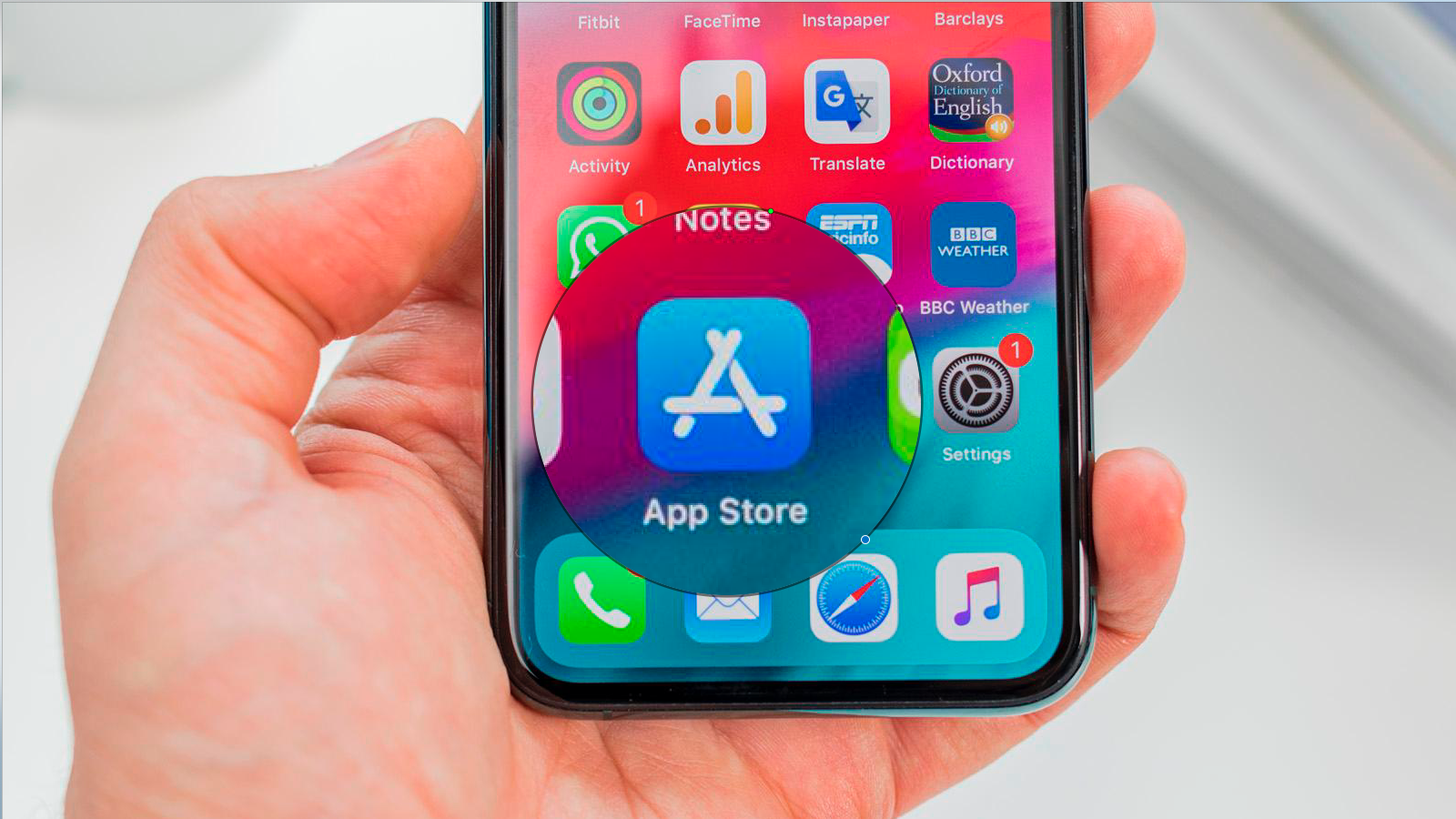If Apple had its method, it might by no means open the App Retailer to competitors, by no means provide net downloads of apps, by no means enable app builders to hyperlink to exterior web sites, and possibly by no means scale back its minimize of all App Retailer purchases from the unique 30 % tariff. For the final 15 years, Apple has had its method.
That’s all modified, now, by the drive of the European Union’s Digital Markets Act (DMA), together with the outcomes of some authorized issues in Japan, South Korea, and the Netherlands. This can be a new period, the place Apple can’t simply have its method–as an alternative, it has to abide by laws particularly focused at its personal most popular enterprise practices.
The corporate’s response to this period has been sometimes combative and passive-aggressive. Some have known as it “malicious compliance,” a label that I don’t assume fairly encompasses Apple’s strategy. As occasions this week have proven us, Apple’s strategy to responding to regulation is incremental and iterative–form of like its strategy to designing and updating merchandise.
The query is, what’s going to be the price of Apple taking this strategy?
I don’t wish to be right here
In the event you weren’t certain earlier than, Apple’s statement about the DMA made it completely clear that Apple is at a celebration it doesn’t wish to attend, wearing an outfit its mother instructed it to put on. However somewhat than pull itself out of the wealthy European market, Apple is modifying its enterprise mannequin to adjust to the brand new guidelines to the letter.
By which I imply, it’s going to adjust to the letter of the foundations, not essentially the spirit. Lots of Apple’s selections counsel that the aim is to adjust to the phrases on the web page, however in a method that makes profiting from them as unpalatable as doable. The plan is to fulfill the regulation–however no person else.
In a method, this is sensible. The job of a tax accountant is to make you (legally!) pay what you owe to the federal government and never a cent extra. Apple desires to present away as little management of its platform as it will possibly handle.
The issue with that is that there are a bunch of European Commissioners and regulators who’re within the DMA inflicting actual change in conduct, and so they have the flexibility to drive Apple to alter its methods in a method that no person has actually been in a position to do earlier than.

Apple’s strategy to permitting third-party app marketplaces is to do the minimal after which alter accordingly.
Foundry
When Apple introduced its new insurance policies, it was an actual query: Do these fulfill the letter and spirit of the DMA? And if not, what occurs subsequent? This week we came upon.
I meant to try this
Apple’s preliminary DMA rollout featured a cultured presentation concerning the creation of “various app marketplaces,” principally App Shops run by firms apart from Apple. It was a bit shocking since one of many implications of the DMA gave the impression to be that Apple would add “sideloading,” letting builders provide direct downloads of apps from their very own web sites. However in keeping with the letter of the regulation, it was an both/or–so Apple was going to drive all builders to undergo a intermediary, even when it wasn’t Apple.
And naturally, there have been situations to this already-compromised thought: Proprietors of those marketplaces wanted to fulfill quite a few assessments so as to be allowed to run shops, and so they couldn’t be firm cities–they needed to provide house to firms apart from themselves.
However then one thing humorous occurred. Apple modified the foundations, to permit “firm cities” (i.e., Fb might make a market only for its personal apps) and let sure builders provide marketplaces with out satisfying some monetary assessments. After which on Tuesday, an even bigger bombshell: various marketplaces wouldn’t be necessary for app distribution, in spite of everything. Later this spring, builders within the EU will be capable of provide their apps straight, as long as they cross a few of those self same eligibility assessments.
Apple advised that it made these modifications after session with builders, which, okay, certain. However let’s be clear: that is very clearly the results of European regulators nudging Apple and telling the corporate that it hadn’t gone far sufficient and wasn’t honoring the spirit of the DMA.
And now we are able to absolutely see Apple’s technique of incremental compliance, introduced into motion: The corporate introduced the minimal doable after which waited to be instructed what else it wanted to do. Now it would start modifying these insurance policies, as required, so as to fulfill regulators whereas nonetheless doing the minimal required of it, presumably hoping that it received’t get nudged by the regulators all that always.
How are we taking part in this?
I don’t assume Apple ought to give away all of its management over its platform out of generosity. To its credit score, the corporate has tried to construct options that hold iOS as protected as doable in a world the place apps can come from exterior the App Retailer. I do consider it legitimately cares about platform safety–it additionally cares about management and cash.

Apple opened the iPhone within the EU—however did it actually?
David Value / Foundry
The problem with Apple’s strategy is that whereas there’s a danger in freely giving extra management, energy, and cash than it’s a must to, there’s additionally a danger in being perceived by the regulators as being hopelessly combative and untrustworthy. Apple wants to take care of relationship with its regulators, or it dangers being punished.
I’ve to confess, it doesn’t seem like issues are off to begin. Apple’s quite a few coverage modifications counsel that the opinions of its long-gestating insurance policies are in, and so they’re not good. The corporate didn’t assist itself by strongly suggesting final week that it kicked Epic Video games off the App Retailer a second time as a result of its CEO posted imply tweets that disagreed with Apple’s total insurance policies. (This was one more determination that was abruptly reversed, presumably as a result of a European regulator cleared its throat and wagged a finger at Apple.)
Count on extra of this. In a far cry from its normal main product bulletins and declarations, that are typically complete, Apple’s App Retailer insurance policies within the EU will probably be a piece in progress. The corporate will proceed to make modifications, incrementally, so as to handle particular complaints. Insurance policies will probably be introduced, then revised, then rescinded. These shifting sands aren’t actually good for anybody–it’s robust to construct a marketing strategy on them, and customers within the EU will undoubtedly be annoyed too–however it’s the pure consequence of Apple persevering with to attract traces within the sand, daring the regulators to cross, after which drawing one more line and issuing one other dare.







